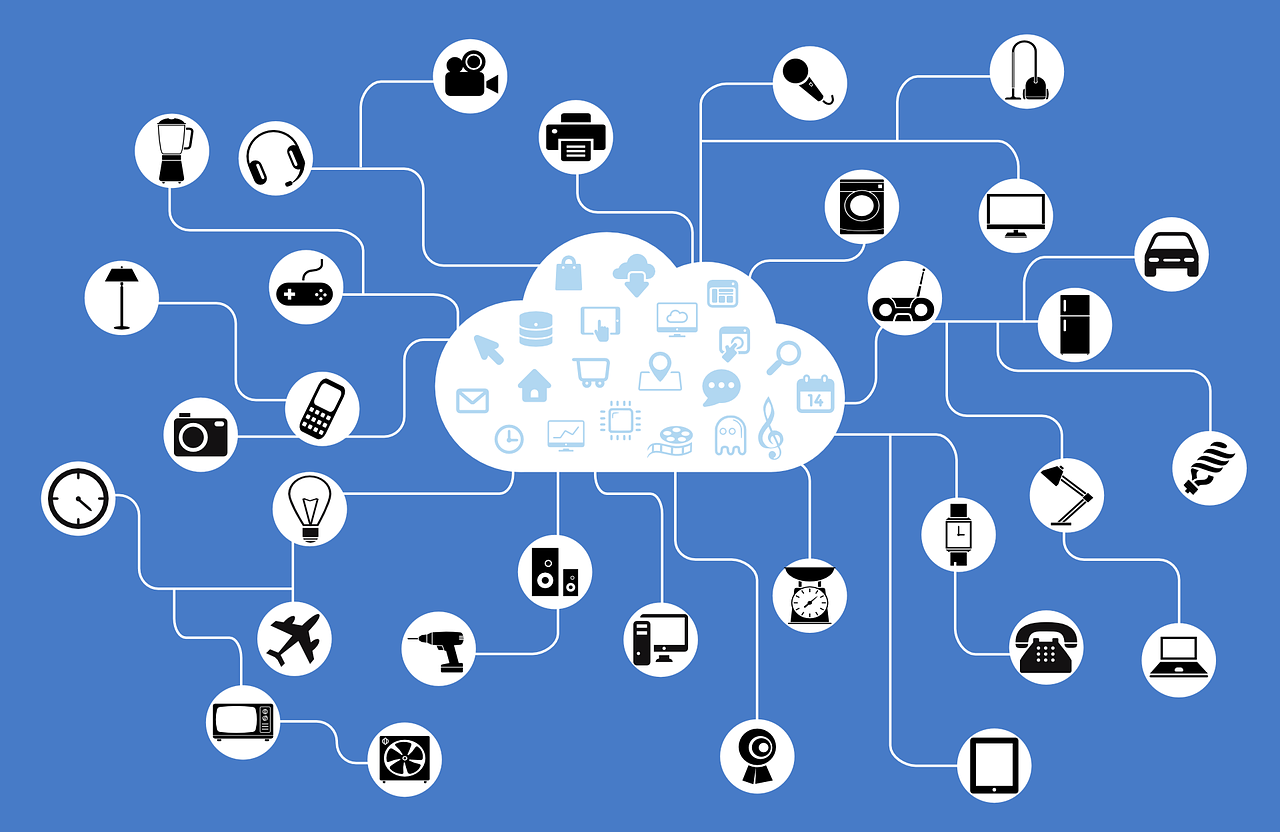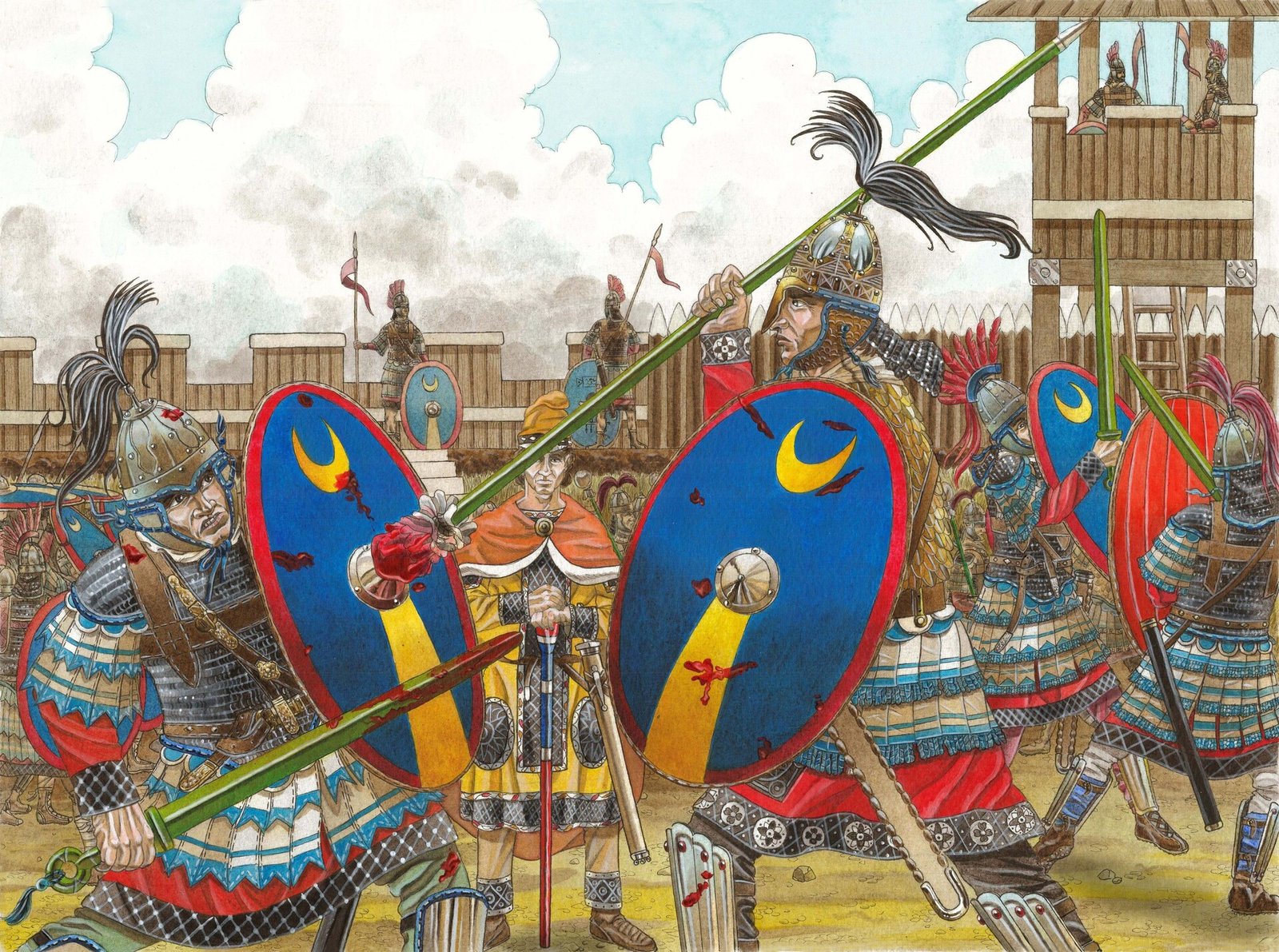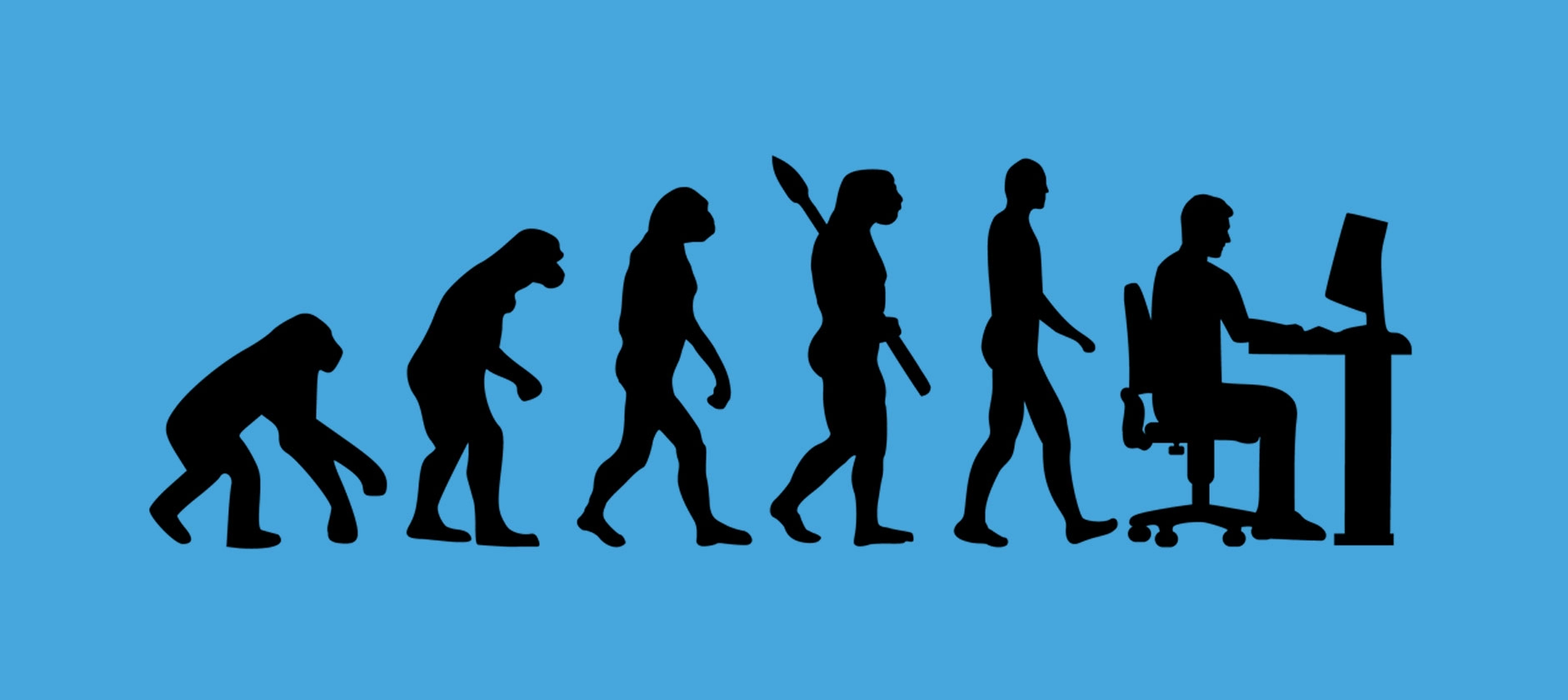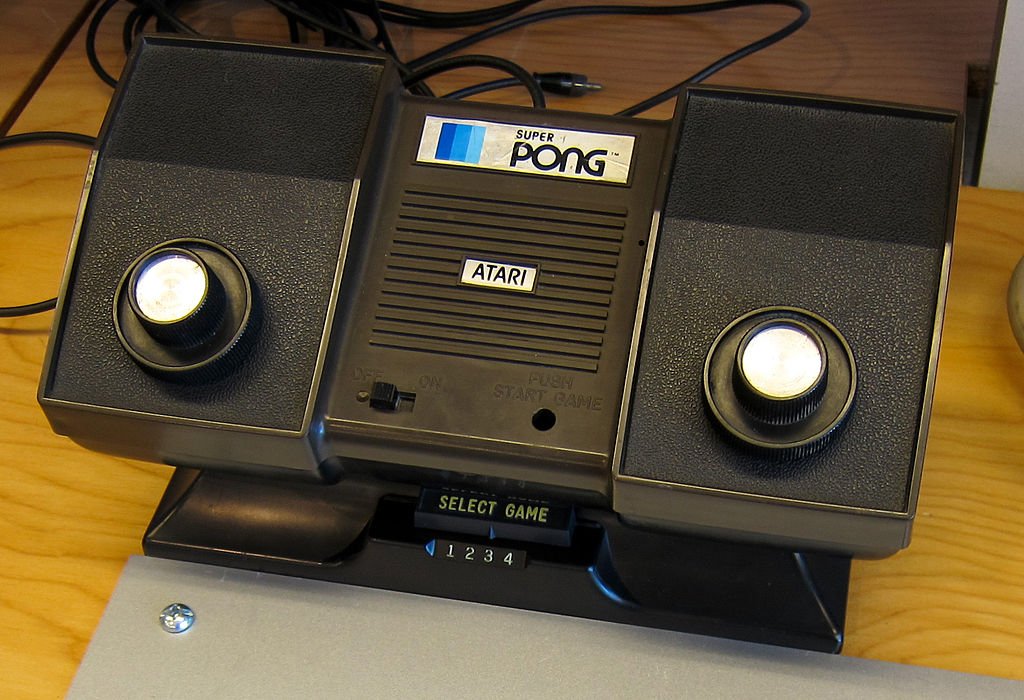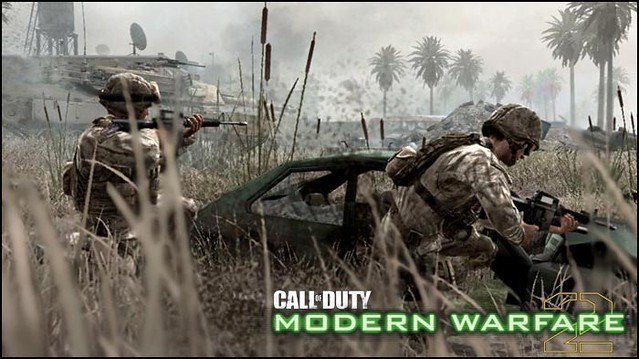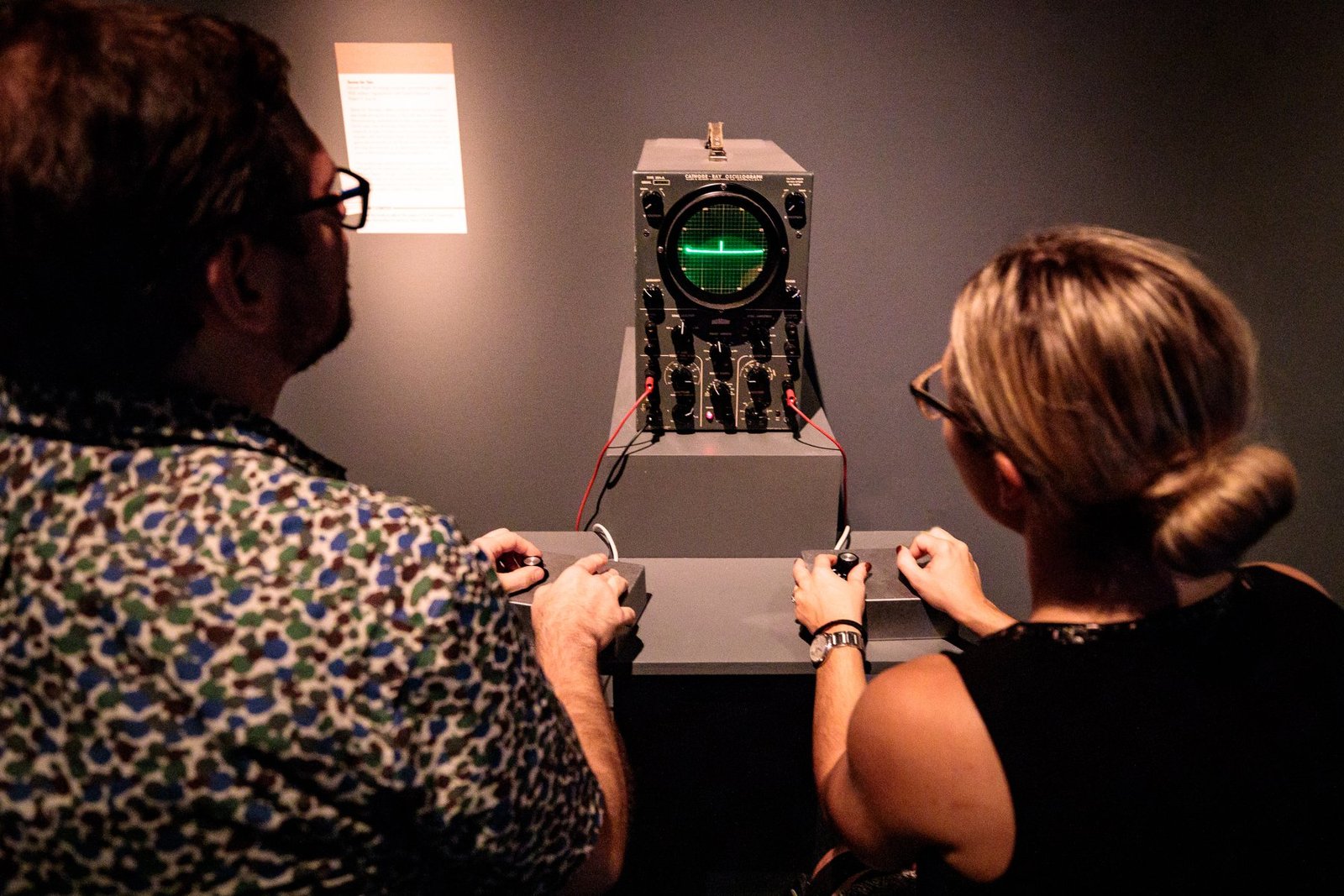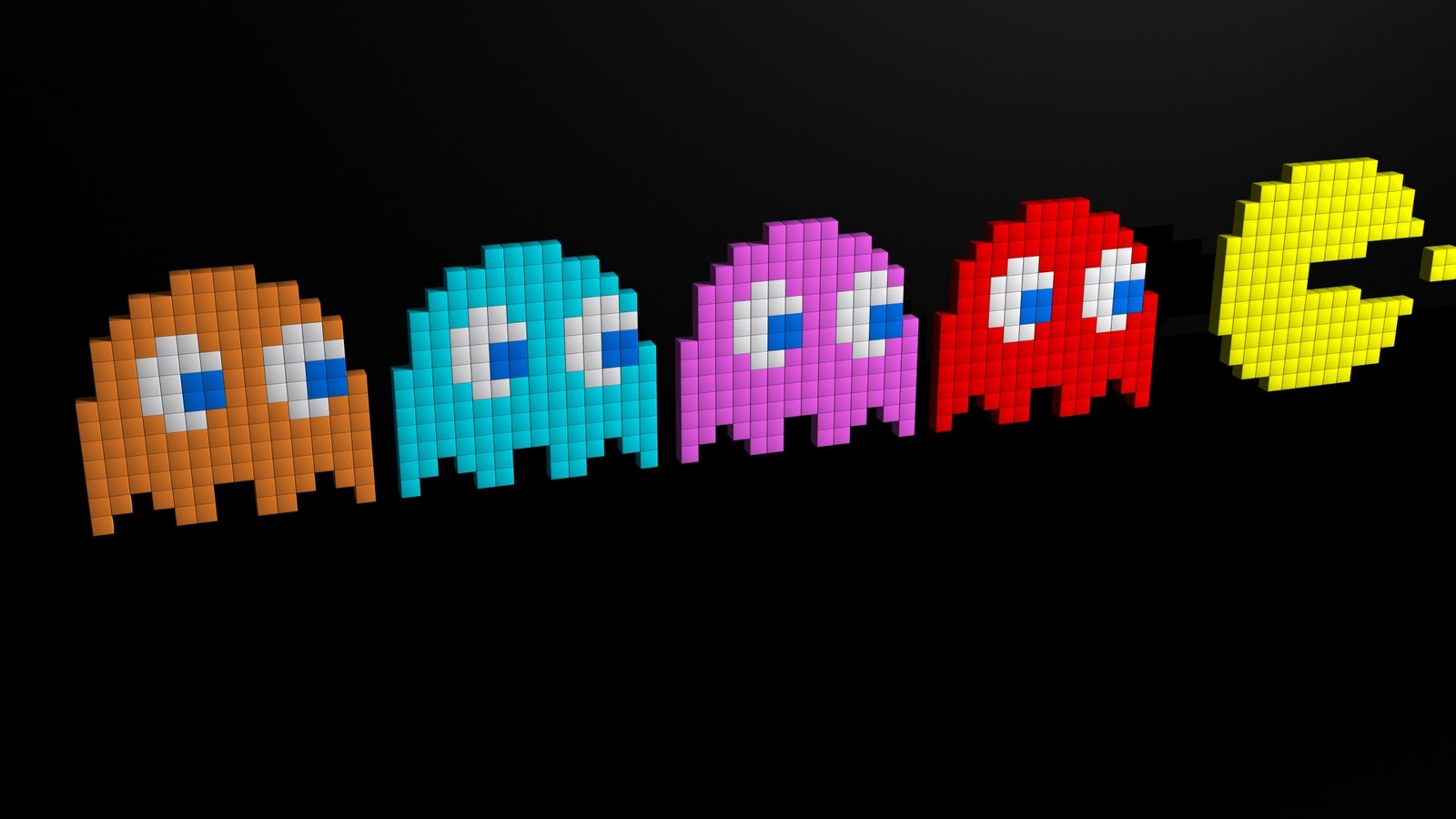In the ever-evolving realm of gaming and video games, where skill, strategy, and competition converge, a shadowy underbelly has persisted since the dawn of digital entertainment: cheating in video games. This evil practice has plagued the gaming world, from the earliest arcade classics to the modern, high-stakes world of esports. Today, we embark on a journey to explore the intricate history and profound impact of cheating within the gaming universe.
Gaming, a global phenomenon transcending age and culture, has consistently drawn enthusiasts seeking challenges, camaraderie, and the thrill of victory. Yet, alongside the genuine pursuit of excellence, a subset of players has always been tempted by the allure of shortcuts and unfair advantages, giving rise to the enduring phenomenon of cheating in video games.
From the rudimentary exploits of early arcade games to the sophisticated hacks plaguing contemporary esports competitions, the practice of cheating has evolved alongside the very games it seeks to undermine. The landscape of cheating is as diverse as the gaming genres, encompassing everything from cheat codes and modding communities to third-party software and aimbots.
As esports ascended to prominence, boasting multimillion-dollar prize pools and legions of dedicated followers, cheating took on a new level of sophistication and scrutiny. Players willing to bend or break the rules to gain an unfair advantage have repeatedly challenged the integrity of competitive gaming.
In exploring gaming’s darker side, we’ll delve into the historical origins of cheating in video games, tracing its evolution and examining how it has impacted the gaming community, especially within the high-stakes realm of esports. Join us as we uncover the complex tapestry of cheats, hacks, and exploits that have left an indelible mark on gaming.
Table of Contents
What is cheating called in gaming?
Cheating in gaming refers to gaining an unfair advantage or manipulating the game’s rules, mechanics, or systems to achieve success or outcomes not intended by the developers. Cheating can take various forms, including using cheat codes, exploiting glitches, using third-party software or hacks, and engaging in unsportsmanlike conduct, such as teaming up with opponents in a free-for-all game.
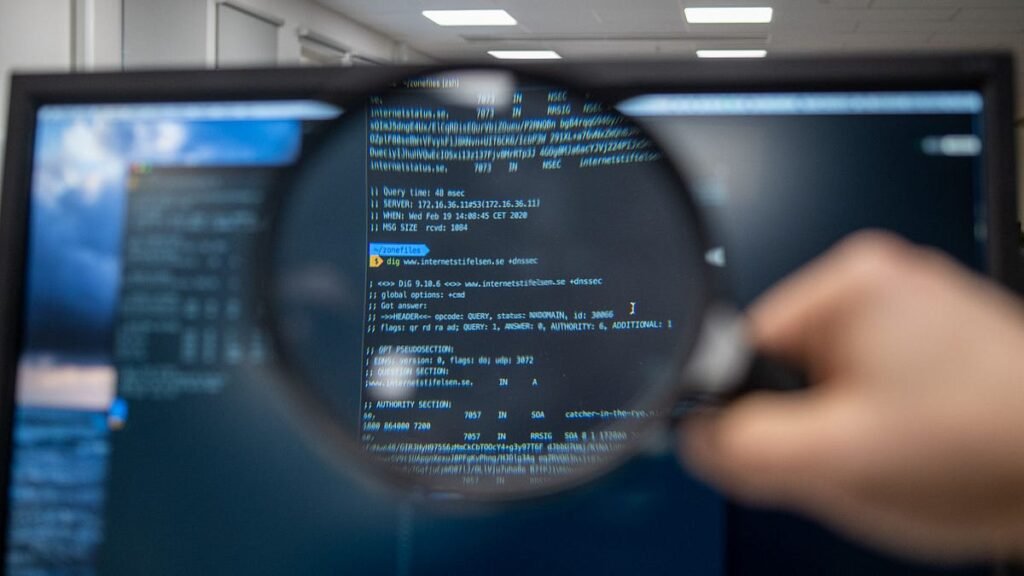
Cheating undermines the integrity of the gaming experience, whether in single-player or multiplayer modes. In multiplayer games, cheating can result in an uneven playing field, frustrating other players and damaging the community. As a response, game developers often implement anti-cheat measures, reporting systems, and penalties like bans to deter cheaters and protect fair competition.
While some argue that cheating is a way to enhance personal enjoyment, it ultimately diminishes the sense of accomplishment and fair competition that make gaming enjoyable for many. Fair play and sportsmanship are core principles in the gaming community, and cheating contradicts these values.
Why do people cheat in gaming?
People cheat in gaming for various reasons, often driven by competitiveness, desire for shortcuts, and the thrill of breaking or bending the rules. Some cheat to gain an advantage over opponents, aiming for victory or high scores. In highly competitive environments, the pressure to win can push players to cheat to keep up or outperform.
Others cheat to save time or avoid the grind of unlocking in-game rewards or progressing through challenging levels. Cheating can offer a sense of instant gratification and achievement, which some find appealing.
Additionally, some players find the challenge of outsmarting anti-cheat systems and avoiding detection enticing. This subversive aspect adds an element of excitement and achievement beyond the game itself.
Ultimately, while cheating can provide short-term benefits, it often comes at the expense of fair play and can undermine the enjoyment and integrity of online gaming communities.
Game developers continually work to deter cheating through anti-cheat measures to maintain a level playing field and preserve the spirit of competition.
The Evolution of Cheating in Video Games
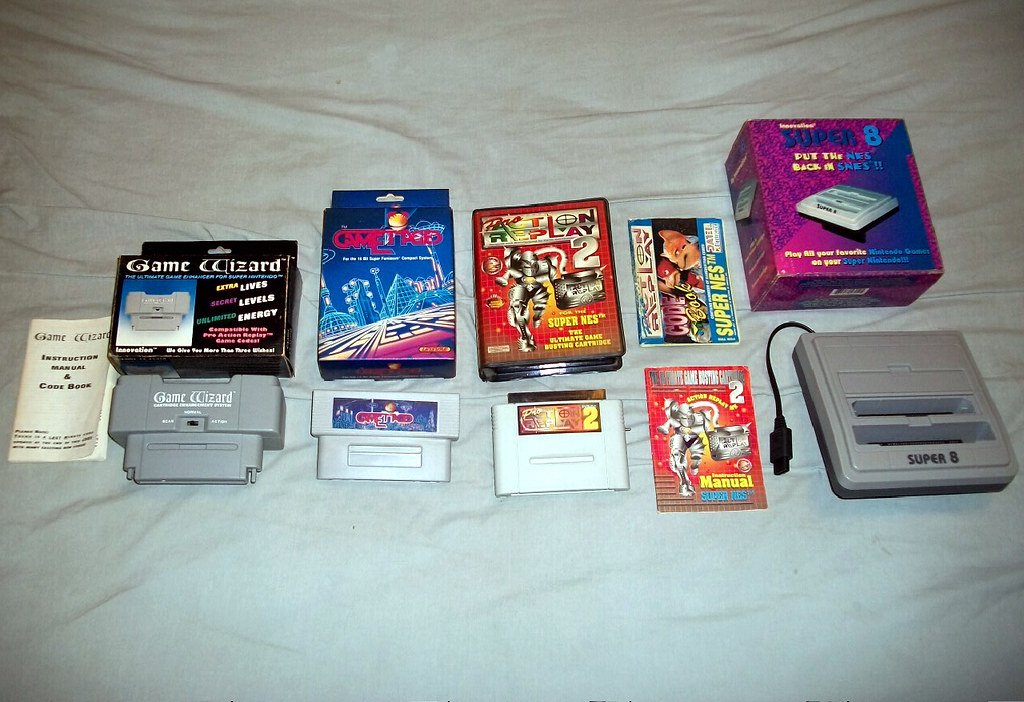
Cheating in computer games has been around almost as long as computer games themselves. The origins of cheating can be traced back to the early days of video games and computer programming. Here are some key points in the history of cheating in computer games:
Early Video Games (1970s and 1980s)
In the formative years of video gaming during the 1970s and 1980s, the industry was still in its infancy, and the concept of cheating was somewhat different from what it is today. Arcade and console games of that era lacked the intricate anti-cheat mechanisms and security protocols that are commonplace today. As a result, players were free to explore and experiment within the game world, sometimes stumbling upon unintended exploits and glitches that could be exploited for personal gain.
These quirks of early game development were often seen as part of the emergent gameplay experience. Players viewed them as hidden secrets or easter eggs rather than outright cheating. Discovering these tricks became a part of the gaming culture, with players sharing their findings with friends and fellow enthusiasts. It was a more innocent and cooperative era in gaming, where the pursuit of high scores and bragging rights often involved collaborative efforts to uncover the intricacies of the games themselves. This era reflects a simpler time when gaming was as much about exploration and camaraderie as it was about competition.
Cheat Codes
Game developers intentionally included cheat codes in their games for various reasons, adding an extra layer of enjoyment and engagement for players. These codes, often well-guarded secrets or discovered through community efforts, could unlock special powers, provide extra lives, grant invincibility, or offer other advantages.
One primary purpose of cheat codes was to enhance the game’s replayability. By enabling players to experience the game with different benefits or experiment with unconventional gameplay, developers extended the lifespan of their titles. This encouraged players to revisit the game, share secrets with friends, and discuss strategies.
Cheat codes also catered to different player preferences. Some players enjoyed the challenge of completing games without cheats, while others appreciated the opportunity to breeze through levels or explore the game’s world without constraints.
Incorporating cheat codes created a sense of camaraderie among players, fostering a community around the game. It turned cheat discovery into a social activity and contributed to these classic titles’ overall enjoyment and longevity.
Game Genie and Action Replay
In the late 1980s and early 1990s, gaming was revolutionized when devices like the Game Genie (for consoles) and Action Replay (for various platforms) were introduced. These hardware-based cheat devices allowed players to delve into the inner workings of their favorite games, effectively altering the game’s code in real-time.
Game Genie and Action Replay functioned by intercepting and modifying data exchanged between the game cartridge and the console or computer. Players could input specific codes or combinations, which would then manipulate various variables within the game, including character statistics, level progression, item availability, and even game mechanics.
These devices opened up entirely new possibilities for gamers. They could make their characters invincible, access hidden content, or bypass challenging sections of games. While these modifications could be seen as a form of cheating, they also fostered creativity and experimentation, allowing players to experience games in unique and unconventional ways. However, their use sometimes sparked debates about the ethics of altering a game’s intended design.
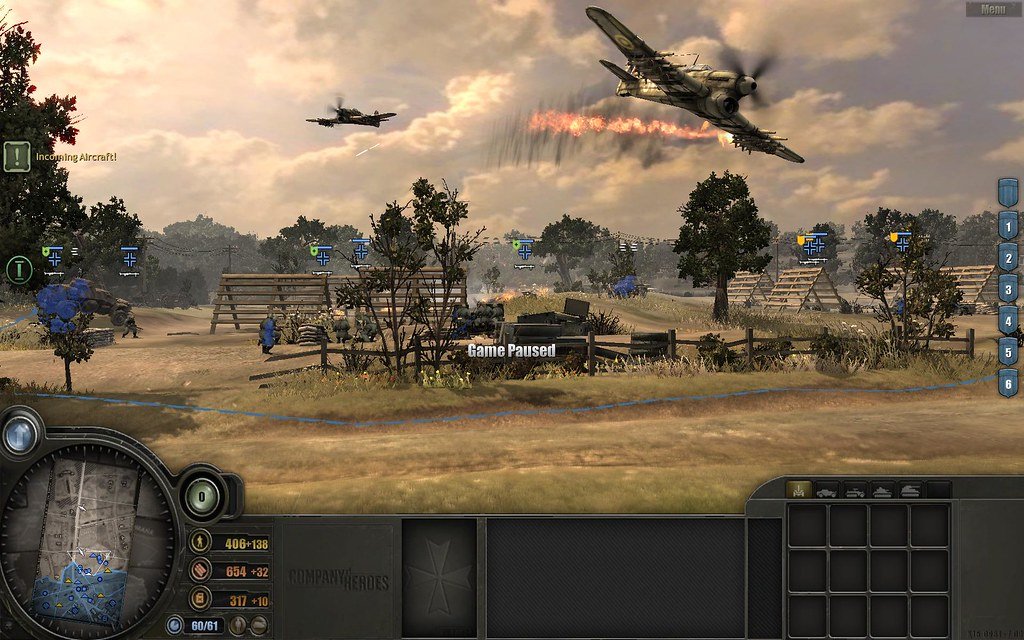
Modding Communities
As computer games evolved and became more complex, modding communities emerged as a vibrant and creative aspect of the gaming world. These communities comprised players with programming skills and a passion for game design. Modders created custom modifications or “mods” that altered various aspects of games, from graphics and character models to gameplay mechanics and even entire storylines. These mods added new dimensions to gaming experiences, extending the life of games and fostering a sense of community.
While many mods were developed for legitimate purposes, such as enhancing graphics or introducing new content, some modders began creating cheats or trainers that gave players unfair advantages. In the context of first-person shooters, these could include aimbots, which automatically aimed at opponents, or wallhacks, which revealed the positions of hidden enemies. This dual nature of modding communities highlights the complexity of the gaming world, where creativity and innovation often coexist with the temptation to gain an unfair edge in competitive gaming environments. Game developers have responded by differentiating between legitimate mods and cheats, often taking measures to detect and discourage cheating while still supporting creative modding endeavors.
Online Multiplayer Games
With the rise of online multiplayer games in the late 1990s and early 2000s, cheating took on a new dimension, posing significant challenges for players and game developers. Cheaters began using third-party software and hacks to gain unfair advantages, including wall hacks (which reveal hidden opponents), aimbots (which automatically target enemies), and speed hacks (which enhance movement speed). These cheats disrupted the balance and fairness of online matches and eroded the overall gaming experience.
In response to this growing problem, game developers implemented various anti-cheat measures and systems. These included sophisticated cheat detection algorithms, reporting tools for players to flag suspicious behavior, and the deployment of dedicated teams to investigate and ban cheaters. Additionally, some games introduced penalties, such as temporary or permanent account suspensions, to deter potential cheaters.
Despite ongoing efforts to combat cheating, the battle between cheaters and developers continues, with each side continually evolving their tactics. This ongoing struggle highlights the importance of maintaining fair and enjoyable online gaming environments for most players who value integrity and competition.
In-Game Purchases

The introduction of microtransactions and in-game purchases in modern games opened up a new avenue for cheating, often driven by players seeking to exploit the in-game economy without spending real money. Microtransactions allow players to buy virtual items, cosmetics, or in-game currency using actual currency. Some players, however, resort to cheating to acquire these items for free.
Cheating in this context can involve manipulating the game’s mechanics to generate in-game currency, duplicating virtual items, or bypassing microtransaction systems entirely. These cheats can disrupt the game’s balance and devalue the purchases made by legitimate players.
Game developers and publishers face the ongoing challenge of combating such cheats to protect revenue streams and ensure fairness in the in-game economy. They employ various measures, including monitoring and banning cheaters, enhancing security, and regularly updating their games to patch. vulnerabilities. Despite these efforts, the allure of free virtual items continues to tempt some players to cheat, posing a persistent challenge to the gaming industry.
Esports and Competitive Gaming
As esports gained popularity, cheating became a significant concern, threatening the integrity of competitive gaming. The rise in high-stakes competitions and lucrative prize pools incentivized cheaters to develop sophisticated hacks and cheats. To combat this issue, esports organizations and game developers have implemented stringent anti-cheat measures, conducted rigorous player monitoring, and collaborated with ethical hackers to identify vulnerabilities.
However, the battle against cheating remains ongoing, prompting continuous advancements in anti-cheat technology. Upholding fair play is crucial in esports, ensuring a level playing field and maintaining the trust and excitement of players and the growing esports audience. Cheating undermines the essence of competition and can deter the growth of esports as a reputable and thrilling sport.
Ongoing Battle
Game developers and publishers have waged a constant battle against cheating in gaming, employing various strategies to maintain fair and enjoyable gaming experiences. One crucial approach is regular software updates, which can fix vulnerabilities and exploits that cheaters often use. These updates also enable developers to introduce new anti-cheat measures and address emerging cheat methods.
Anti-cheat systems are pivotal in detecting and preventing cheating in online games. These systems use a combination of algorithms, behavioral analysis, and player reports to identify suspicious activities and cheating software. When cheaters are detected, they are often subject to penalties, such as temporary or permanent bans.
Additionally, reporting tools empower the gaming community to help identify and report cheaters, fostering a sense of collective responsibility for fair play.
Legal action is sometimes taken against cheat developers who create and distribute cheating software. This serves as a deterrent and can lead to the shutdown of cheat providers.
Despite these efforts, cheating remains a persistent issue, as cheat developers continually adapt to evade detection. The ongoing battle against cheating underscores the importance of a united front among players, developers, and publishers to maintain the integrity of the gaming community.
Cheating in computer games has evolved in tandem with the gaming industry’s growth. Initially, players relied on simple exploits and cheat codes in early games. However, cheating has become more sophisticated with the rise of online multiplayer gaming and the modding community. Players began using third-party software, hacks, and mods to gain unfair advantages.
Game developers and communities recognized the threat and developed anti-cheat measures, reporting tools, and legal actions against cheat developers. This ongoing battle reflects the commitment to preserving fair and enjoyable gaming experiences, ensuring that players can compete on a level playing field and derive maximum enjoyment from their gaming pursuits.
